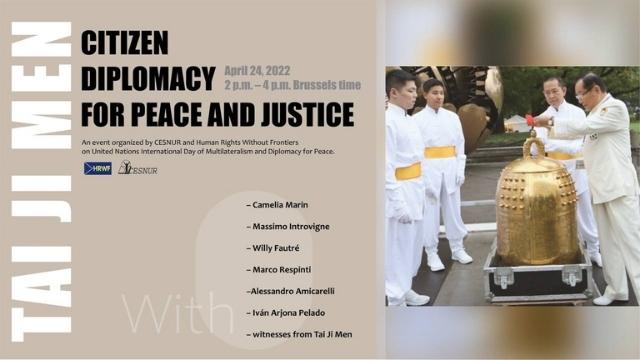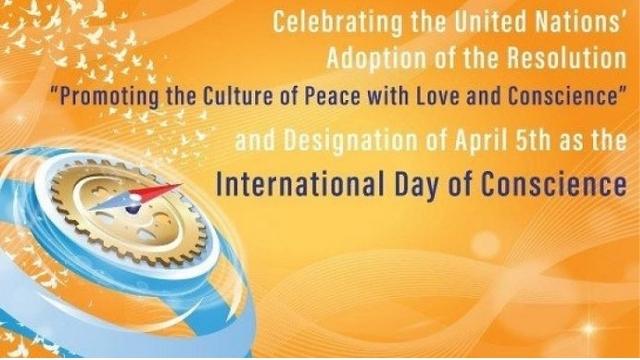A Seminar Takes the Tai Ji Men Case to Brussels
At the Press Club Brussels Europe scholars and activists denounced tax harassment and media slander against the Taiwan-based movement.
A magazine on religious liberty and human rights
The Tai Ji Men tax case in Taiwan is exemplary of how even democratic states can undermine freedom of religion or belief by using ordinary bureaucracy and taxation in an unfair and intimidating way.


At the Press Club Brussels Europe scholars and activists denounced tax harassment and media slander against the Taiwan-based movement.


Prosecutors often raid discriminated religious and spiritual groups and secure the complicity of the media to create a sort of baroque theater.


“Citizen diplomacy” is a two-edged sword. While ideologues can easily turn it into propaganda, Tai Ji Men offers a virtuous example of how it can effectively work.


The ancient sage Guiguzi is traditionally considered the first teacher to have operated a school of diplomacy, both for government officers and common citizen. His spirit lives in the citizen diplomacy of Tai Ji Men.


Two webinars celebrated the United Nations International Day of Multilateralism and Diplomacy for Peace, focusing on Tai Ji Men’s activities for peace and their protests against injustice.


The role of Dr. Hong and Tai Ji Men in promoting the International Day of Conscience—and the lack of conscience of their persecutors.


April 5 confronts us with the tragedy of inaction on the Tai Ji Men case. Did the international community do enough?


A return to conscience is the way to solve the seemingly intractable problems faced by Dr. Hong and his dizi.


A well-known Italian novel calls our attention on the problems created when the role of conscience as moral compass is denied.
CESNUR
Via Confienza 19
10121 Torino
Italy
info@bitterwinter.org